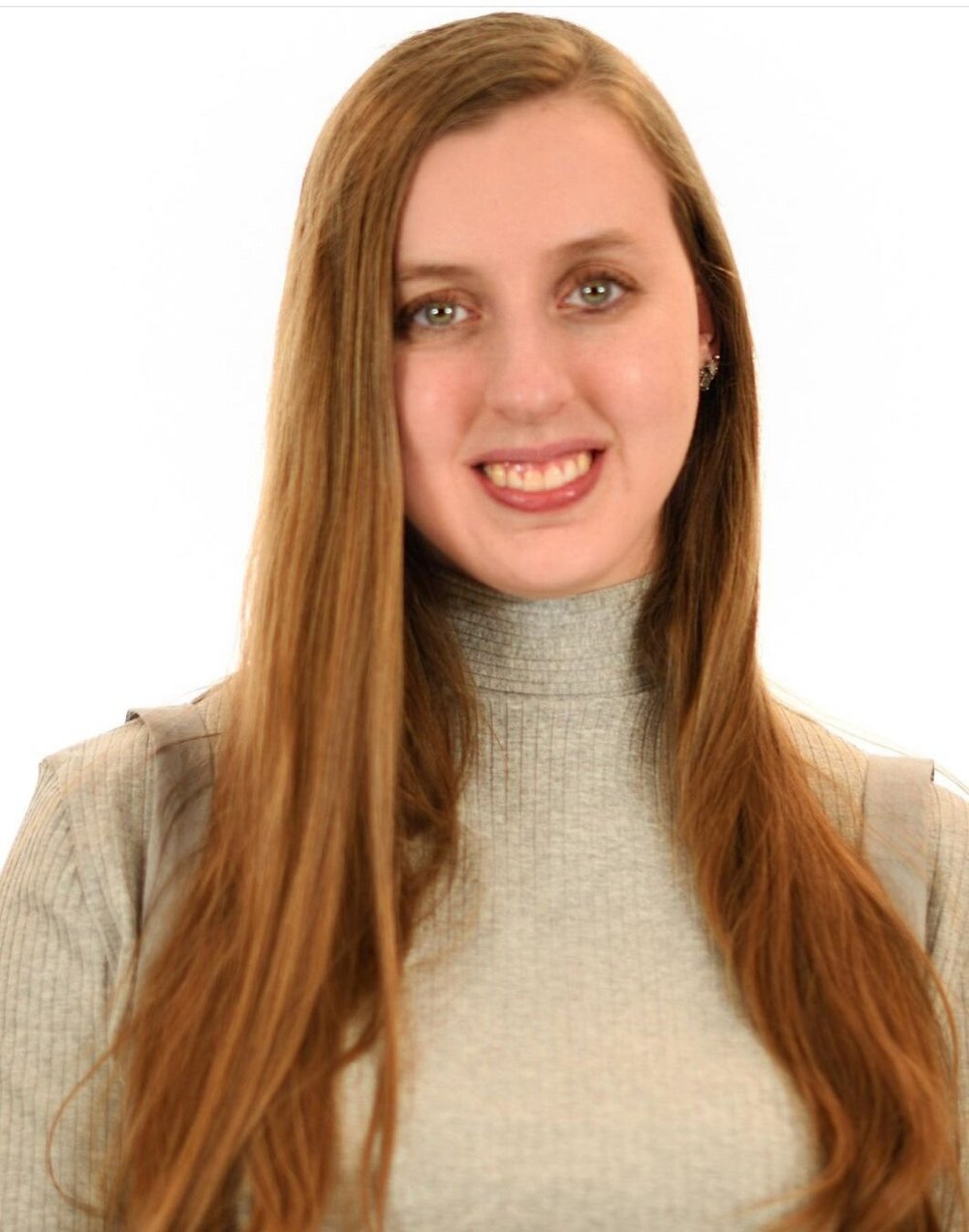Sustainable Fashion Joins Pittsburgh Fashion Week
By Payton Ferris
Prioritizing practicality and sustainability, Emily Rouse ensures that her designs are perfect for the everyday look while still originating from the creative inspirations of House of Rouse LLC.
With prints designed in-house, Emily’s collections begin with an idea for the prints and then develop based on that foundation. She works to make each versatile collection of womenswear so the pieces can last and work for any occasion. In terms of inspiration, she finds that everyday things around her influence her collections. The KALEIDOSCOPE Collection, which will be shown at the show, originated from a photograph that she took of a shadow cast from a building. By manipulating this photo, she was able to discover a print that struck creativity for her collection. With this idea, she explores the concept of how a photograph is both stuck in time and eternal, which creates contrast within the art itself.
Having grown up in the Wheeling area, Emily currently has her studio, Edgington Studio, in her hometown, which has provided her with a supportive environment to grow her business. Doing Pittsburgh Fashion Week and working with the local fashion community has given her the opportunity to promote the importance of local fashion and design on a national level. Despite encountering challenges from the pandemic, she has learned not only how to problem solve and expect the unexpected, but it has also allowed her to cherish both her and other local businesses.
With the rise of sustainable fashion, Emily utilizes her one studio in Wheeling, West Virginia, to reduce the environmental impact that may occur from constant shipping from various locations. She also produces very small runs to cut down inventory and produce pieces as they become in demand to avoid having products that may end up in landfills. Along with both of these methods, she also has a partnership with the City of Wheeling’s Department of Recycling that gives her the opportunity to donate fabric scraps from finished pieces to local schools for children to use in craft projects. In a similar manner to the idea of a photograph, climate change also intertwines with history and immediacy, so every action that we take towards sustainable fashion coincides with the art of the craft.
Emily would love to see the fashion industry develop a more transparent approach to showing customers where and how clothes are made. She wishes that fashion creation becomes more of a local, American-made concept and that the team behind the clothing, such as the pattern makers, sewers, and cutters, be recognized for their work by those who wear it. She also hopes that “sewing becomes less of a dying art and that more people will find inspiration to keep sewing and designing fashion alive.” The intertwinement of the vintage and modern concepts of fashion gives an incredible insight into how society interacts with the designs of House of Rouse LLC.


